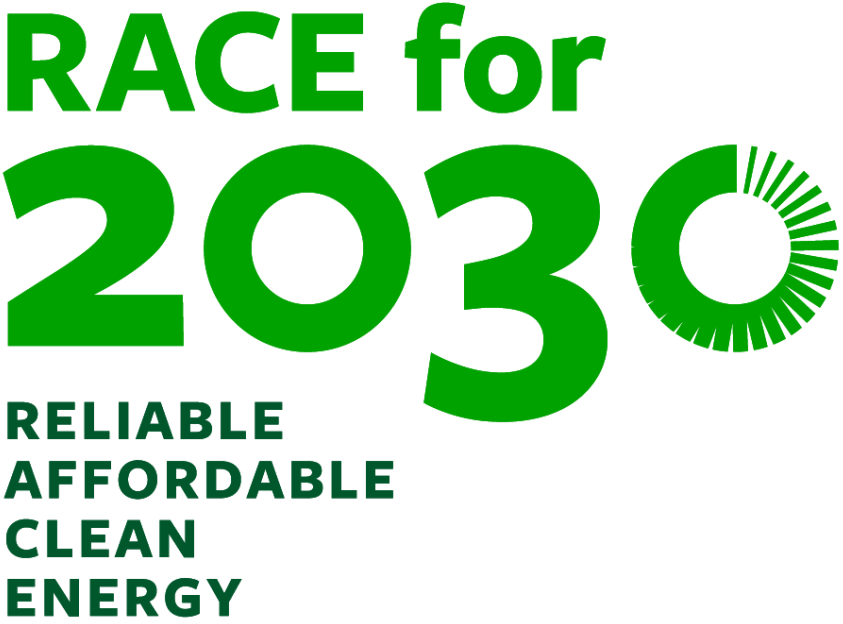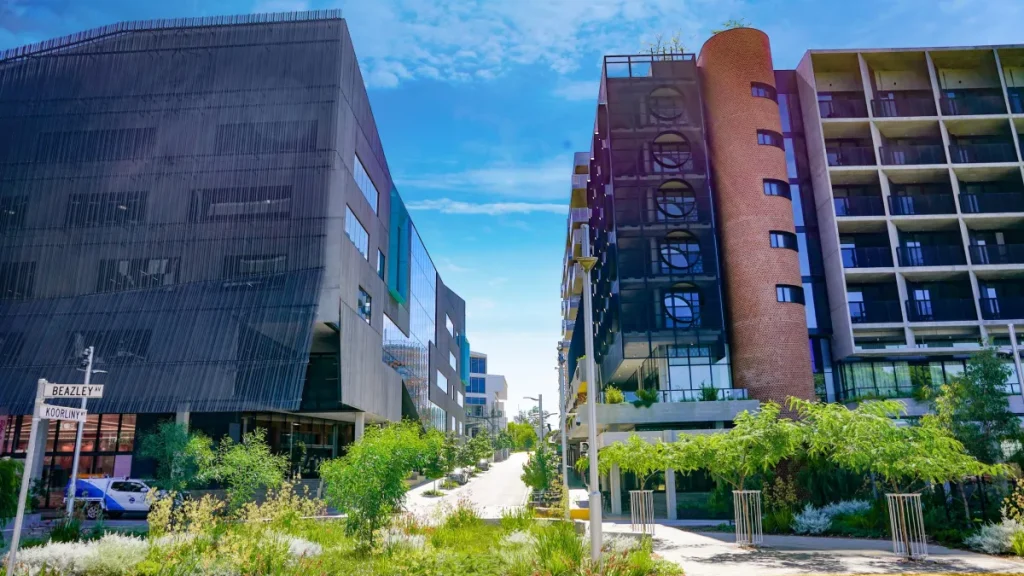SUPERVISORS
Dr. Margaret Gollagher
DESCRIPTION
To examine how collaborative governance processes and practices can enable effective technology transfer and inclusive decision-making and foster leadership for integrity and longevity of NZPs.
To meet Australia’s obligations to the UN Sustainable Development Goals and Paris Agreement, our economy and cities must transition to net zero emissions by 2050. With global warming accelerating faster than scientifically predicted, the transition may need to happen earlier to prevent run-away climate change. One way of hastening the urban transition to net zero is the establishment of net zero precincts (NZPs), experimental examples of what can be achieved in environments where people live, work, study, commute and socialise. NZPs become eco-systems of how people interact with innovative technologies designed to achieve an overall zero balance between emissions and removal of carbon from the atmosphere.
The focus hitherto has been on the technology required to make NZPs happen. However, for the integrity and longevity of NZPs, the focus now needs to include how people engage with the vision, principles, technology and other practicalities of NZPs. There is a growing need for governance to address people-oriented issues, such as energy literacy, effective technology transfer and end-user participation.
This research sets out to examine how collaborative governance frameworks and practices can foster leadership and involve stakeholders, including end-users, in inclusive deliberative processes at visioning, planning, development, implementation and maintenance stages of NZPs. The research will have a practical focus, working closely with industry partners across seven Western Australian NZP case studies, to explore:
- forms of participation that facilitate technology transfer and lead to end-user empowerment and ownership over processes
- how connection to place and inclusive participation co-generate motivation for low-carbon activities
- whether low-carbon initiatives in light industrial areas are transferrable to mixed-use developments, and how governance practices may need to change
- how disadvantaged citizens can negotiate their mobility needs and renewable energy aspirations in net zero mid-tier transit corridors.
Scholarship value
RACE for 2030 will provide a living stipend scholarship for 3 years of $38,000 per annum (tax exempt). RACE for 2030 does not cover international tuition fees if they apply. RACE for 2030 will also supply up to $3,000 per annum for expenses for the candidate, for items such as a computer, publishing fees, travel or conference costs. We encourage female-identifying and Indigenous applicants to apply.
Status
- In Progress
Research Partner
Industry Partner
Student
Funding
$38,000 + $3,000 pa expenses
Expected Start Date
August 2024
Expected End Date
August 2027
Project Code
0756






